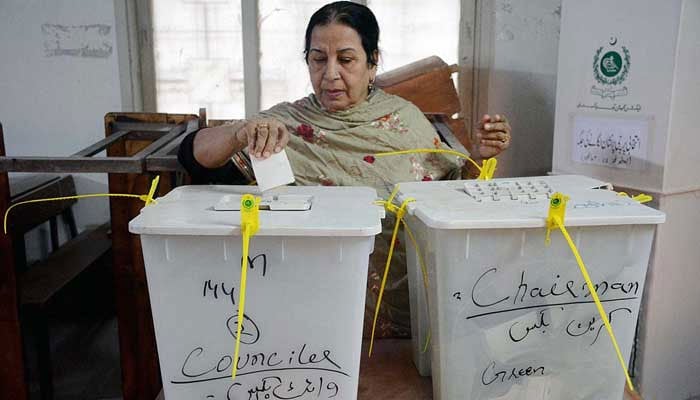ISLAMABAD According to a story published in The News on Wednesday, the Pakistan Institute of Legislative Development and Transparency (Pildat) has demanded an expeditious shift from a hybrid system to a regular functioning democracy.
According to the institute’s 2023 Quality of Democracy study, “Pakistan, which some international democracy rating think tanks now refer to as an electoral autocracy, has only made the transition towards improved democracy harder for the year 2023.”
While democracy was “stuck in a familiar and deepening rut at the end of 2023,” Pildat has noted that there are “remedies and lessons” that are evident, but the people who have the power and capacity to pull the nation out of the rut have not done so for the previous “seventy years,” borrowing from other people’s mistakes.
“Army not knowing how to avoid politics”
As per the institute, Pakistani political parties and popular leaders are enduring a crisis of confidence because their political destiny is determined not by their popularity or the effectiveness of their governance policies, but rather by their ability to maintain positive engagement with the GHQ and play the role of second fiddle.
As Pildat notes, “neither[is] the army learning to steer clear of politics and focus solely on the security domain defined in the constitution, nor [have] the politicians agreed on an unbreakable set of rules to never seek or receive the army’s support.” In the end, it is the people who lose in political campaigns that are forced to switch between pro- and anti-establishment sides.
Poll justice ‘appears gloomy’
The report does not present a positive image of the fairness and legitimacy of the next elections: “As Pakistan prepares to hold yet another general election, the prospect of its fairness appears just as bleak as the 2018 General Election.” Furthermore, political parties are chastised for appearing to be “addicted to the establishment’s patronage” in order to gain control over public opinion and create “fractured governments.”
The National Assembly and its members “allowed themselves to be manipulated by one elected government to the other, with active participation from other governments,” according to Pildat, who believes that the 15th National Assembly’s conclusion in 2023 left democracy just as vulnerable and manipulated as it was when the assembly members took oath on August 12, 2018.







